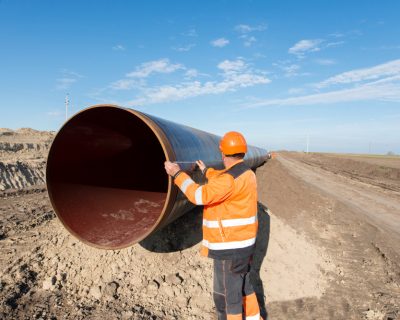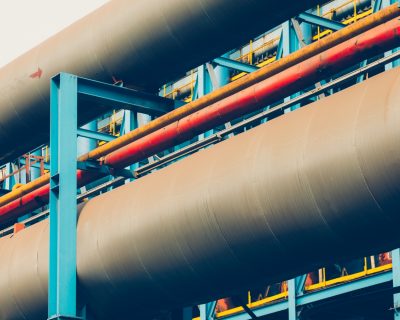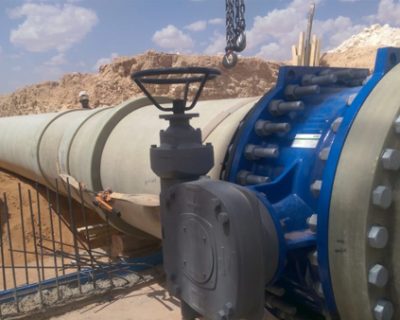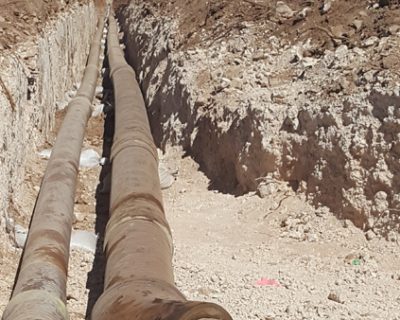Blog
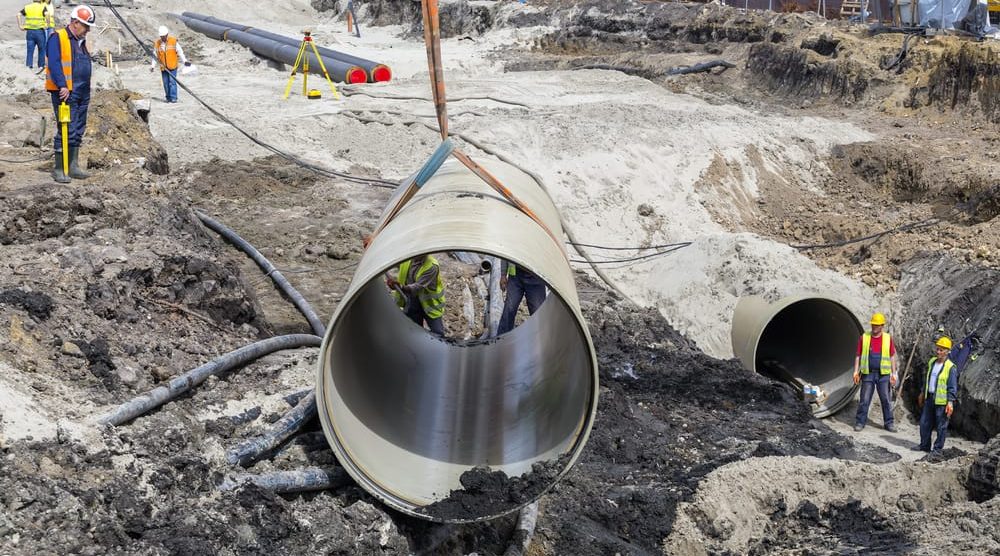
FRP Piping Industrial Application
FRP is an abbreviation for fiberglass reinforced plastic, in which composite material is made up of a polymer matrix reinforced with fibers. FRP pipe is a pipe made of FRP material through contact molding or filament winding. FRP pipes are becoming increasingly popular due to their great durability, corrosion resistance, and mild strength. Fiberglass is the most often utilized reinforcing material. The FRP pipe system has found widespread use as a corrosion-resistant alternative to copper piping. FRP pipe systems are employed in a variety of industries. The industrial application of FRP pipes includes potable water, desalination, chemical, petrochemical, oil and gas, and others. It is appropriate for both aboveground and subterranean pipelines, is resistant to biological attacks such as bacteria, is non-conductive to electricity, and requires little maintenance. FRP pipes are used in industries such as Chlor-Alkali & chemical plants, power plants & flue-gas desulfurization (FGD), industrial water & wastewater management piping, pulp & paper mills, mining & metal production, and so on.
Other examples of FRP piping in industries include Ducting and Vent piping, Irrigation and Sanitary services, Waste, resin, and glass reinforcement. Fiberglass reinforced plastic pipe is accepted by most of the industries due to its user-friendly nature. To minimize excessive drooping, FRP piping systems must be appropriately supported. The maximum allowable drooping is 12.5 mm or 0.5% of the span length. The materials and composite construction were mostly chosen to provide consistent corrosion resistance for which FRP pipe is thought to be suitable for chemical applications. There are still some harsh chemical services that require unique construction and different resins. The high tensile elongation qualities of the vinyl ester resins used in pipe provide it with extraordinary toughness, allowing it to withstand cracking and crazing of the resin when subjected to strong design stresses. This toughness provides a safety factor against impact of damage during shipping and installation, in addition to strong fatigue resistance.


